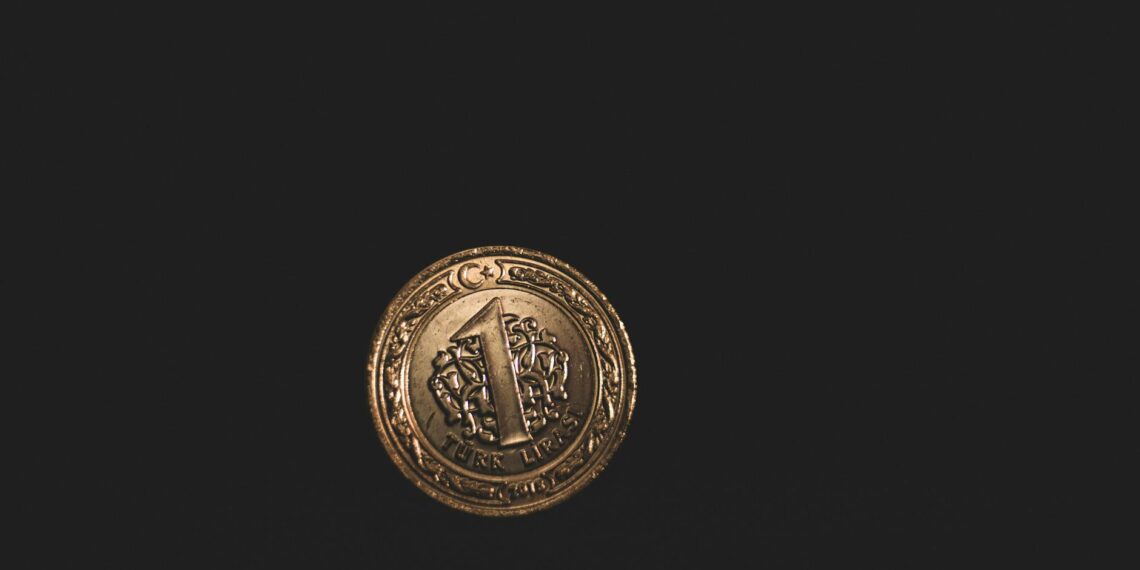The “sell price” of a gold coin isn’t a fixed figure and depends on several factors, including:
- Spot Price of Gold: This is the baseline price of gold, the current market value of one troy ounce of pure gold. The spot price fluctuates continuously due to various factors like supply and demand, economic news, and global events.
- Coin Specifics: The purity (karats) and weight (troy ounces or grams) of your gold coin are critical.
- Dealer’s Margin: Dealers need to cover their operational costs, shipping, insurance, etc., and will factor in a profit margin, meaning you won’t receive the exact spot price. Dealer margins typically range from 2% to 10%.
- Numismatic Value: Some gold coins are considered collectibles (numismatic coins) due to their rarity, mint year, condition, and historical significance. These coins can command a premium above the pure gold value (spot price).
- Selling Venue: Where you choose to sell your gold coins will also affect the price you receive:
– Online Dealers: Often offer higher payouts, potentially 90-95% of the spot price, due to lower overhead costs compared to brick-and-mortar stores. Some reputable online dealers specialize in bullion coins and bars, offering competitive rates, according to The Diamond Pro. Examples include Abe Mor Diamond Cutters for jewelry and bullion dealers like JM Bullion or APMEX for bars and coins.
– Local Coin Shops: A good option for quick transactions, they are knowledgeable about both bullion and numismatic coins. They may offer between 60-80% of the spot price.
– Pawn Shops and Local Jewelers: While convenient for quick cash, they often offer lower prices, typically 20-35% or even more below retail value, to ensure a profit.
– Online Auction Sites: Can be suitable for entrepreneurial sellers to potentially get a higher price by setting a minimum bid, but seller fees and shipping costs need to be considered.
- Market Conditions: Gold prices fluctuate daily, driven by global events, economic indicators, and investor sentiment. Selling when the market is trending upwards can be beneficial, notes BullionByPost.com.
- Research: Understand the spot price of gold and the potential numismatic value of your specific coins before selling.
- Reputable Buyer: Work with a trustworthy dealer, preferably a member of a professional organization like the Professional Numismatist Guild. Avoid high-pressure sales tactics.
- Compare Offers: Get quotes from multiple buyers, both online and in-person, to find the best price.
- Negotiate: Don’t be afraid to negotiate the selling price, especially with local dealers and pawn shops.
- Be Aware of Potential Fees: Understand any shipping, insurance, appraisal, or commission fees that may be associated with the sale.
- Consider Taxes: Remember that long-term capital gains taxes on physical gold can be as high as 28%.
In conclusion, the sell price of a gold coin is influenced by a combination of factors related to the gold market, the coin’s characteristics, and the chosen selling venue. Careful research and comparison of offers are crucial for maximizing your return when selling gold coins.








